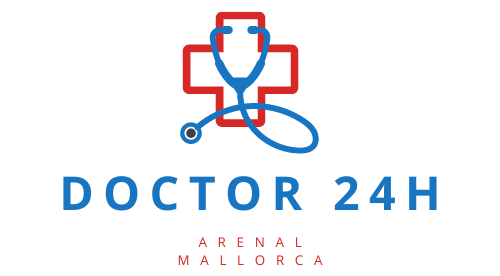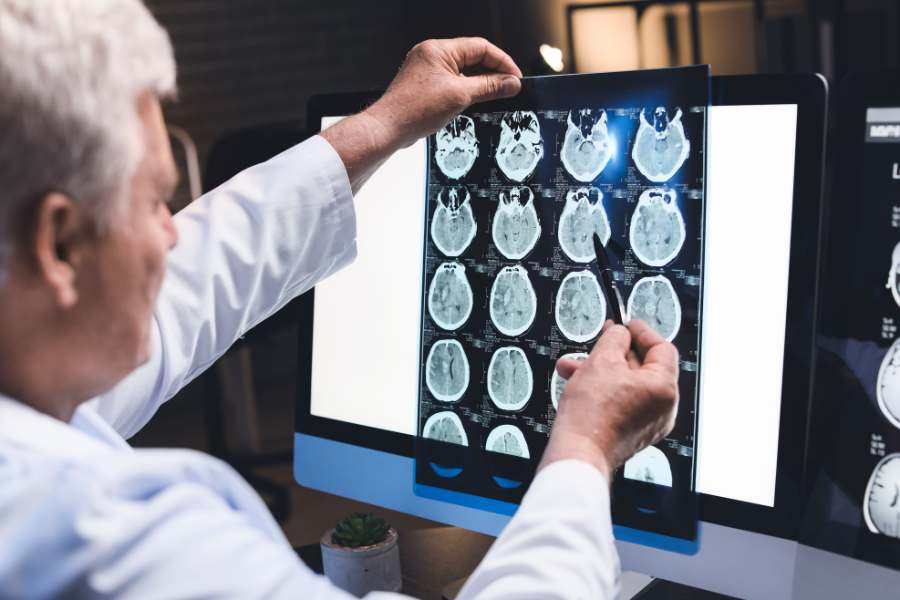Head injuries, ranging from a minor bump to serious brain trauma, can be frightfully common yet inherently complex. It’s essential to assess the severity of a head injury promptly as the brain is a delicate organ, and even seemingly mild injuries can lead to significant health issues.
When is a head injury cause for concern?
Understanding when to visit the emergency room for a mild head injury is crucial for proper care. Although not all head injuries require emergency medical attention, certain symptoms are red flags. If the person has lost consciousness, even briefly, or if they show signs of confusion, difficulty staying awake, or severe headache, immediate medical evaluation is needed.
Other concerning symptoms include seizures, persistent vomiting, slurred speech, weakness, numbness, and deteriorating consciousness. These symptoms can indicate a more severe injury, such as a concussion or a traumatic brain injury, and warrant a trip to the ER.
For those wondering ‘should you go to the hospital if you hit your head,’ the answer is yes, if the symptoms mentioned are present. It’s always better to err on the side of caution when dealing with potential brain injuries.
What are the symptoms of a head injury?
Symptoms of a head injury can range from mild to severe and may include visible signs of trauma such as bruising or swelling at the site of impact. Headaches, dizziness, and feeling dazed are also common. Some symptoms may develop or worsen over time, so monitoring is essential.
‘How long after a head injury can symptoms occur?’ is a common question. Symptoms can appear immediately or develop over several hours or days. This delayed onset is why vigilance in the aftermath of a head injury is critical.
Symptoms unique to children, such as inconsolable crying or refusal to eat, require special attention. If ‘when to go to the ER for a head injury child’ is a concern, it’s important to note these pediatric signs and seek immediate help.
When should I go to the emergency department for concussion?
Concussion is a mild form of traumatic brain injury that can have serious consequences if not treated properly. You should consider going to the emergency department for a concussion if you experience a loss of consciousness, persistent headache, changes in behavior, memory loss, or any neurological symptoms. These symptoms suggest that the brain has been jostled significantly within the skull, potentially leading to bruising or damage to nerve fibers.
‘What will the ER do for a concussion?‘ They will conduct a thorough medical evaluation, which may include imaging tests like a CT scan or MRI to assess for brain injury. They will also provide guidance on concussion management and recovery.
Remember, ‘I hit my head and it hurts when I touch it’ is a common experience, but if the pain is intense or accompanied by other symptoms, it’s worth getting checked out by medical professionals.
What should I do while waiting for an ambulance?
- Remain calm and keep the person still; avoid moving them unless they are in immediate danger.
- Monitor their breathing and consciousness. If they are not awake, check for breathing and pulse and be prepared to administer CPR if trained.
- If the person is conscious, comfort them and avoid giving them anything to eat or drink.
- Apply a cold pack to the area of impact to reduce swelling, but do not apply direct pressure if there is suspected skull damage.
How is a head injury treated?
A head injury treatment starts with a thorough medical evaluation. In the ER, medical personnel will assess vital signs, neurological function, and may conduct imaging tests. Treatment can range from observation and rest for minor injuries to surgery for severe cases.
Recovery from a concussion or other head injuries can involve rest, medication for pain, and careful monitoring of symptoms. Follow-up care is often necessary to ensure that there are no lingering or worsening symptoms.
In instances where injuries are less severe, outpatient care with a healthcare provider experienced in head trauma signs may suffice. However, any persistent or worsening symptoms should prompt a return to the emergency department.
What signs and symptoms of a head injury require urgent medical attention?
Ahead injury that causes changes in mental status, such as confusion or decreased alertness, warrants immediate medical attention. Repeated vomiting, seizures, and any symptoms that worsen over time are also urgent signs. The presence of clear fluids draining from the nose or ears can indicate a skull fracture and is a medical emergency.
Children especially can have different responses to head injuries. If a child’s behavior changes, they have difficulty arousing, or they show any signs of skull fracture, such as a bulging fontanelle, it’s time to seek emergency medical care.
Related Questions on Head Injuries
How do I know if my head injury is serious?
A serious head injury is often marked by a loss of consciousness, persistent or worsening headache, repeated vomiting, seizures, and any neurological impairment such as difficulty speaking or moving. If these symptoms are present, it’s a clear indication that the injury may be serious, and emergency care is required.
Additionally, any sign of physical damage to the skull, such as a dent or severe bruising, indicates the need for immediate medical attention.
When should you go to A&E if you hit your head?
If you or someone else has sustained a head injury and is experiencing symptoms such as loss of consciousness, repeated vomiting, seizures, or signs of a serious concussion, it’s time to go to A&E. Monitoring the person closely after any head injury is critical, and if any symptoms develop or worsen, seek medical attention immediately.
What to watch for after hitting your head?
After hitting your head, it’s essential to watch for symptoms that can indicate a more serious injury. These include worsening headaches, confusion, changes in vision, difficulty walking or talking, and drowsiness or difficulty waking up.
If any of these symptoms occur, or if someone else observes these symptoms in you, immediate medical evaluation is necessary.
If you or someone you know experiences a head injury, consider visiting Doctor 24 Hours Arenal Mallorca for professional medical advice and treatment. It’s crucial to take head injuries seriously and seek expert medical care to ensure the best possible outcome.

